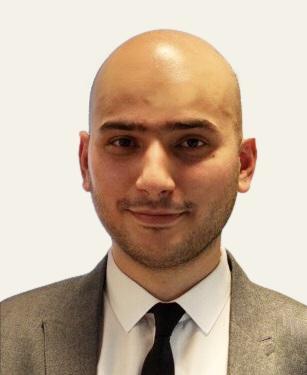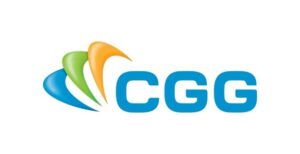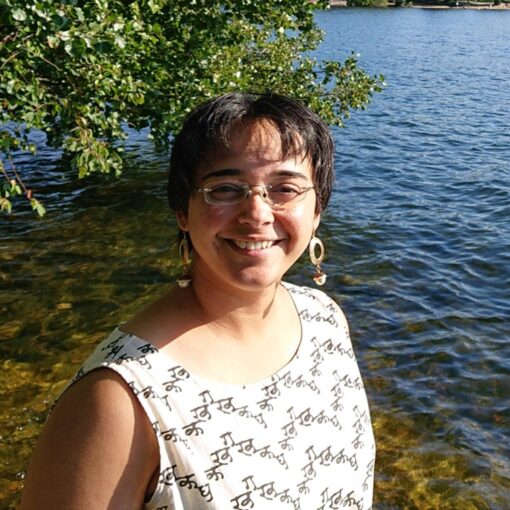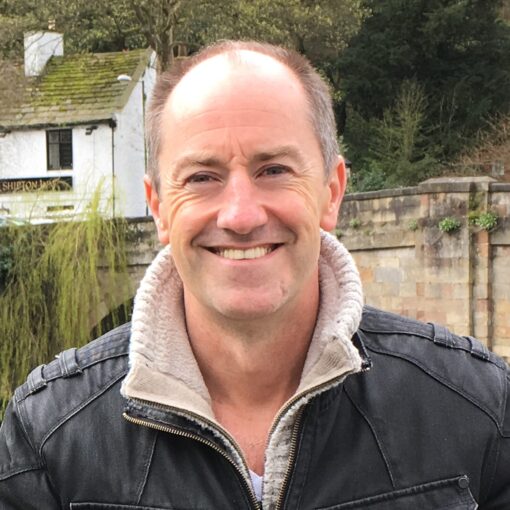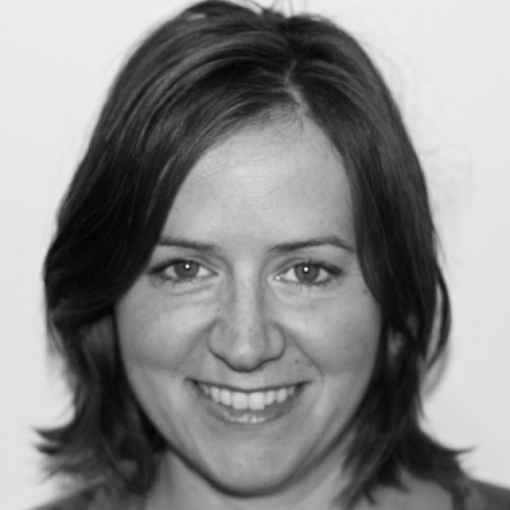PhD in Geophysics, MINES ParisTech – PSL Research University, 2021
| Researcher | |
|---|---|
| CGG | |
Year entered into a non-academic position: 2022
Job highlight: Algorithm and technology development to solve real-world problems for a more sustainable future. I am part of a diverse team of people, with different backgrounds ranging from applied maths to cosmology, nuclear physics, and earth science.
My research training set me up to… Develop a variety of technical and soft skills. When a given challenge is related to my research studies, I can make fast progress. Soft skills such as critical thinking and active listening skills are crucial to have meaningful and impactful scientific discussions.
Left academia after: PhD
What’s your background?
I graduated with an MSc in Geophysics from the University of Tehran, with a focus on signal processing and optimization. I then decided to pursue a PhD in Geophysics at MINES ParisTech – PSL Research University. My research focused on subsurface imaging and inversion. Three weeks after my graduation, I had the amazing opportunity to join CGG as a researcher in its subsurface imaging business.
Why did you move away from academia?
I really enjoyed my time in academia but the main drawback in this sector, particularly for a young researcher, is the lack of job security. There is no guarantee that one or two postdoctoral roles will ultimately lead to a permanent position. I also think academia sometimes focuses on publications and theoretical knowledge rather than solving ‘real-world’ problems. I therefore decided, towards the end of my PhD, to move to industry to bridge the gap between my research and ‘real-world’ applications.
Is there anything you miss about academia?
I would say the freedom to determine what I want to research.
How did you get this job? Did you face any challenges when considering a move away from academia or applying for the role?
I started looking for available positions in the industry 4 months before finishing my PhD. My supervisor recommended doing presentations for various companies before my final PhD thesis defense. CGG was actually the first company to welcome me for a technical presentation. Afterwards, they told me about a vacancy within the research team. I decided to apply for the position, and after going through the selection process, I received an offer to join CGG.
Regarding the challenges, my main concerns were about the topics I was going to work on and also the expectations they had for me in the new role.
Did you think you had the skills required for your current position before you started? Were you right?
In terms of general technical knowledge, I think I had a relatively good match between my research background and the job requirements. In terms of the soft skills, in addition to the skills I developed during my PhD, I think my experience during my probation period at CGG further prepared me for my current role. At CGG, we also have a lot of resources available to improve our soft skills (webinars, courses, training, etc).
How did your PhD prepare you for your current job? For example, what were the transferable skills that you developed during your PhD that are most relevant to your current job?
In my case, technical knowledge played a significant role.
However, a PhD encompasses much more, fostering the development of soft skills such as presentation, critical thinking, problem-solving, time management, and communication, which involves both active listening and effective sharing of ideas. All these skills are integral to my current role
Did you have any preconceptions about your sector that proved to be wrong?
Before joining the industry, I thought this sector might involve a lot of repetition and that I would get bored quickly. It turns out I was completely wrong; each day is different, and there is a unique satisfaction in solving real-world problems
Can you describe a typical week in your job?
I mostly focus on developing new algorithms and technologies for CGG’s subsurface imaging business. But a typical week is about much more than this. It involves providing technical support for colleagues, internal and external presentations, reading/writing/peer-reviewing scientific articles, and brainstorming ideas for new activities with colleagues.
What is the workplace culture like? Please include comments on work-life balance, flexibility, remote working?
Our workplace culture is supportive, progressive and performance-driven. But people are also driven to help and treat each other with respect and kindness. CGG also offers opportunities to attend technical and soft skill courses led by our learning path teams for personal development and progress.
CGG offers flexible working hours and we have the option of working from home 2 days a week.
Do people with a PhD frequently get hired in the company/sector?
Yes. Although it is not an essential requirement to be hired by CGG, we would love to hire PhDs in our company to utilise their skills that are generally gained during PhD studies.
What are your favourite parts of your job?
Tackling unique problems alongside talented, thoughtful, and eclectic colleagues. Working around smart people is very interesting and rewarding.
Do you have any advice for current graduate students and postdocs considering a career outside of academia?
I would suggest they speak to people who have made that transition. Internships could be an excellent opportunity to get to know the industry better. If you are not sure about it, just give it a try. And remember, moving into industry does not necessarily mean cutting all ties with academia.
Can you recommend any relevant resources, organisations or events that might help somebody new to the sector find out more about it?
I would recommend speaking with career advisors or research supervisors at your department. I would also advise on checking the company’s website and LinkedIn pages where they regularly post about their latest technologies and innovations. Finally, the European Association of Geoscientists and Engineers (EAGE) and the Society of Exploration Geophysicists (SEG) are both excellent places to learn about geophysics, latest research topics and international events.
CGG is a global technology and HPC leader that provides data, products, services and solutions in Earth science, data science, sensing and monitoring. Our unique portfolio supports our clients in efficiently and responsibly solving complex digital, energy transition, natural resource, environmental, and infrastructure challenges for a more sustainable future. CGG employs around 3,400 people worldwide.
Links :
- CGG Website: CGG: Earth & Data Science Solutions
- Job opportunities: Careers at CGG (smartrecruiters.com)
- Job description for the Researcher role (currently hiring): CGG Researcher | SmartRecruiters

